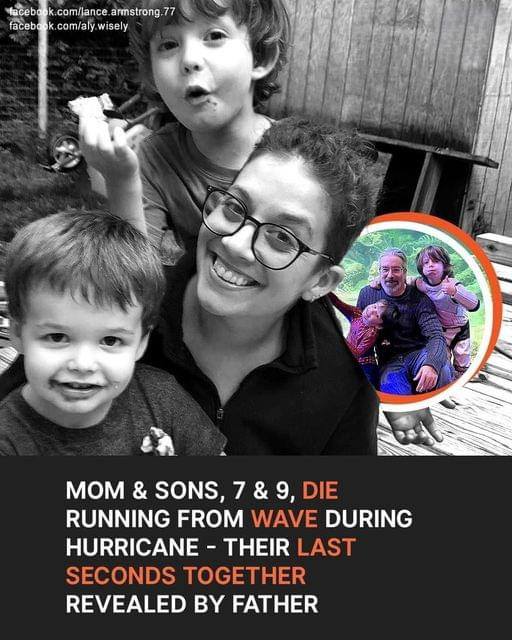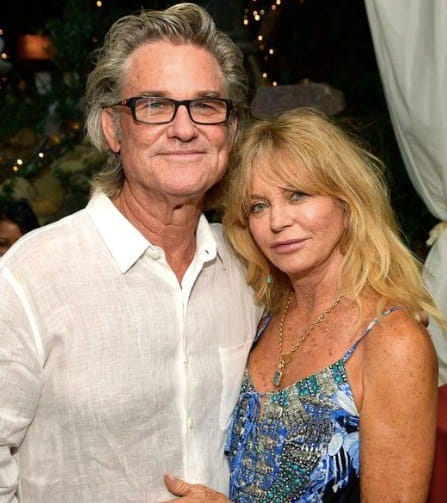Sheryl Crow Slams Jason Aldean’s Divisive New Hit “Try That In A Small Town”: “This Is Not American”
In the heart of America’s music scene, a heated debate is raging over Jason Aldean’s latest single, “Try That in a Small…
In the heart of America’s music scene, a heated debate is raging over Jason Aldean’s latest single, “Try That in a Small Town,” with legendary artist Sheryl Crow taking center stage to voice her concerns. The release of Aldean’s divisive track has sparked a whirlwind of controversy, raising questions about the boundaries of artistic expression and the responsibilities artists carry in a tumultuous world.
Hailing from the small town of Kennett, Missouri, Sheryl Crow isn’t one to shy away from sharing her thoughts. The 61-year-old songstress, who’s graced the world with her melodious voice for decades, took to Twitter to express her dissatisfaction with Aldean’s song, citing worries about misinformation being spread through its lyrics.
The lines that have stirred such strong emotions go, “Got a gun that my granddad gave me / They say one day they’re gonna round up / Well, that s**t might fly in the city, good luck / Try that in a small town.”

With these words, Aldean has inadvertently unleashed a tempest of critique, with Crow leading the charge. Her tweet directed at the country musician reads, “@Jason_Aldean, I grew up in a modest community. The public is weary of violence everywhere, even in tiny communities. Promoting violence is neither rural nor American. Having been through a major massacre, you should know that better than anybody. This doesn’t feel rural or rural American. Just plain stupid.”
Indeed, Crow’s words strike a chord with many, as the song’s advocacy of violence seems far from the core values held dear in small communities across the nation. In an America grappling with violence, Aldean’s seemingly casual approach to such a sensitive issue raises eyebrows and tempers alike.
The controversy deepened when the music video for “Try That in a Small Town” was taken down from CMT’s rotation due to its controversial visual elements. The video features Aldean performing in front of a courthouse historically associated with lynchings, an image that resurfaced painful memories for many. Moreover, the incorporation of footage from events linked to the Black Lives Matter movement further ignited accusations that the song’s lyrics condoned acts of violence.

In response to the escalating backlash, Aldean took to Twitter to defend his work. “These references are not only unwarranted but potentially harmful,” he said in a long thread, denying any intent to promote pro-lynching attitudes or hostility towards national BLM marches.
However, the dispute surrounding Aldean’s song runs deeper than just lyrical interpretation. For Sheryl Crow, it’s personal. She pointed out that Aldean himself is a survivor of the 2017 Las Vegas concert tragedy, a horrifying event that claimed the lives of 58 innocent people and injured over 400 others. Given his firsthand experience with the consequences of violence, Crow believes Aldean should have shown greater sensitivity when crafting his controversial single.

As the debate continues to rage, the music industry faces a crucial moment of introspection. Artists, often considered the voice of their generation, hold a powerful influence over public sentiment. With freedom of expression comes the responsibility to wield that power with caution and respect.
In the melting pot of America, music has always been a bridge across communities, uniting individuals from all walks of life. The controversy surrounding “Try That in a Small Town” reminds us that music’s reach is far and wide, and artists have a unique responsibility to uplift and inspire, rather than perpetuate division.





